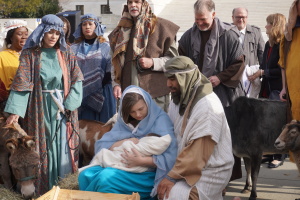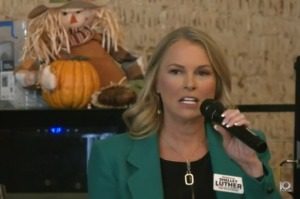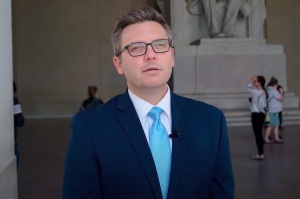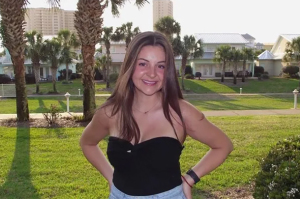Clergy won't be forced to perform gay weddings if UMC changes its stance, pastors panel says
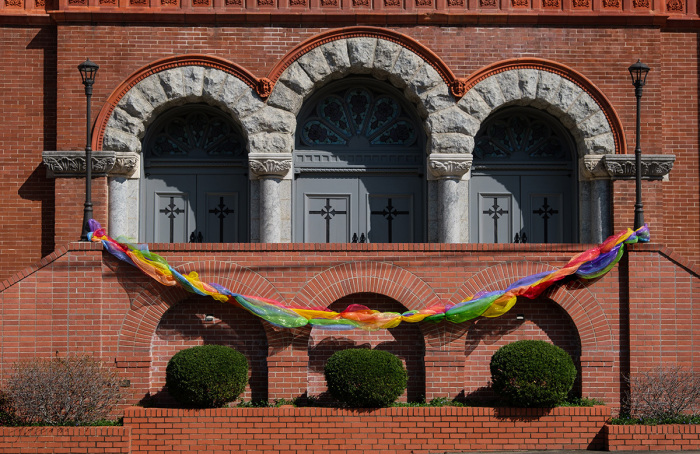
United Methodist clergy who oppose same-sex marriage won't be required to officiate gay wedding ceremonies if the denomination changes its stance on LGBT issues, according to a clergy panel.
The Church of the Resurrection, a UMC megachurch based in Kansas and headed by the Rev. Adam Hamilton, held a clergy panel at its Leadership Institute event on Thursday evening.
Hamilton, who's theological progressive and wants the UMC to change its biblically-based opposition to homosexuality that's cited in its Book of Discipline, moderated a church leaders panel to discuss the hotly debated issue within the mainline Protestant denomination.
He asked the panel if they believed that all pastors should be required to perform same-sex wedding ceremonies, should the UMC remove its official opposition to gay marriage.
Stan Copeland, the senior pastor of Lovers Lane United Methodist Church of Dallas, Texas, remarked that “right now,” pastors can already refuse to perform any wedding “under their own convictions.”
“I think, going forward, that that should be the same way in approaching same-sex marriages,” said Copeland. “It should be a prerogative of the pastor.”
Michael Bowie, national director of the group Strengthening the Black Church for the 21st Century, said that “right now, a pastor should not have to be forced to perform a same-sex marriage.”
“I believe, as Stan said, that it’s based on conviction. Right now, according to the Book of Discipline, we can’t do it,” said Bowie. “I think it’s all about context, right now.”
Hamilton asked Bowie if the “right now” meant that he would be open to compelling pastors to perform same-sex weddings sometime in the future, possibly after the UMC changes its stance.
“Speaking for me, right now, I support same-sex gender relationships,” Bowie responded. “Right now, I am not convicted to do a same-sex marriage.”
Katie Dawson, the pastor of Immanuel United Methodist Church of Des Moines, Iowa, said, “we don’t force any pastor to marry anybody currently.”
“I’ve done weddings for folks and their pastors said ‘no, I won’t do your wedding,’” she added. “We don’t require pastors to do any of these weddings, and I don’t think that would change. I would love to be in a church where everyone would want to, but I can’t make anyone do anything. I can choose what I do.”
Hamilton had the audience vote on the issue using their phones. Shortly thereafter, as votes were coming in, Hamilton pulled up a graphic that showed around 90% of the attendees said pastors should be allowed to officiate gay weddings, but not be required to.
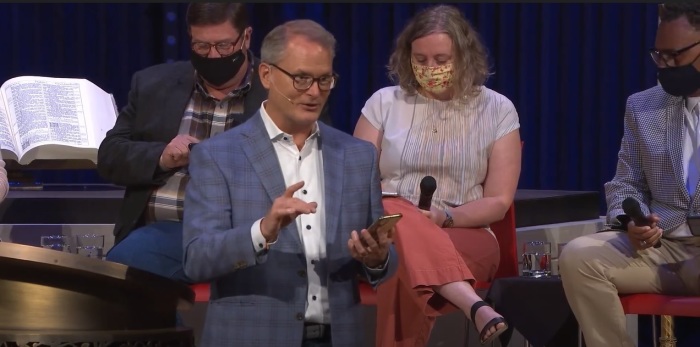
The panel and Hamilton also denounced what they described as the “fear-mongering” often found in the homosexuality debate, taking issue with claims from both liberals and conservatives.
Copeland rejected the claim by some that progressives were trying to have the UMC abandon fundamentals of the faith, such as belief in the resurrection or the Holy Trinity.
“Every time I hear that accusation, it causes me to wonder who folks are talking to,” said Copeland, adding: “I’ve heard other criticism that is just as unfair about the traditionalists.”
“We’re not going to change our tenets of faith,” said Bowie. “I believe there has been a lot of fearmongering, a lot of misinformation that’s been projected on this movement that has created a lot of division.”
Tom Berlin, author and senior pastor at Floris United Methodist Church of Herndon, Virginia, added that he often meets with progressives in the UMC, and he doesn't “hear this conversation anywhere I go.”
Berlin also took issue with the claims of some progressives that UMC traditionalists plan to end female ordination if they found a new denomination, stating, “I don’t know any traditional people I know who would take away the ordination of women.”
The panel was part of a multiday gathering at the Church of the Resurrection known as the Leadership Institute.
Other speakers at the event included Jasmine Smothers, lead pastor of First United Methodist Church of Atlanta, Georgia; Bob Goff, an attorney and bestselling author; Savannah Kimberlin, director of research solutions at Barna Group; and Kevin Murriel, senior pastor of Cascade United Methodist Church in Atlanta, Georgia.
Over the past several years, the UMC has been embroiled in a debate over its Book of Discipline, which labels homosexuality “incompatible with Christian teaching” and prohibits clergy from officiating same-sex marriages.
Although the UMC General Conference has repeatedly voted down efforts to change the language, large numbers of progressives in the UMC have openly resisted the denomination's official stance.
In January 2020, a theologically diverse group of church leaders expressed support for a document titled “Protocol of Reconciliation and Grace through Separation.”
The goal of the protocol was to finally end the theological debate between conservatives and progressives by giving conservative churches opposed to changing the UMC Book of Discipline an easier means of leaving the denomination.
If approved, the protocol would allocate $25 million for theologically conservative Methodists to create their own denomination. It would also allow congregations and conferences to vote on whether to join the new denomination.
Earlier this year, a group of UMC conservatives announced plans to form the Global Methodist Church as that new denomination, holding off further implementation pending approval of the protocol.
Legislation aimed at approving the protocol measures are scheduled to be voted at the next UMC General Conference, presently scheduled for 2022 in Minneapolis, Minnesota.
Originally, the global church legislative meeting was to take place in May 2020. However, the coronavirus pandemic prompted the UMC to postpone the gathering.
















